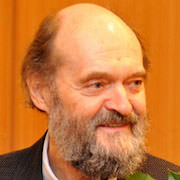0

Estonian National Symphony Orchestra
which can trace its origins back to 1926
1

Villem Kapp
Estonian composer (1913-1964)
2

Eduard Tubin
Estonian composer and conductor
3

Heino Eller
Estonian composer and composition teacher
4

Veljo Tormis
Estonian composer
5

Helen Tobias-Duesberg
Estonian American composer
6

Ester Mägi
Estonian composer
7

Artur Lemba
Estonian composer
8
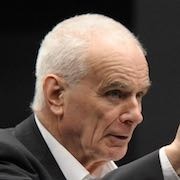
Peter Maxwell Davies
English composer and conductor
9

Frank Ticheli
American composer
10

Krzysztof Penderecki
Polish composer and conductor
11

Gregory Rose
British composer and music director
12

Michael Pärt
Estonian record producer and music editor
13

Thomas Adès
British composer, pianist and conductor
14

Eino Tamberg
Estonian composer
15
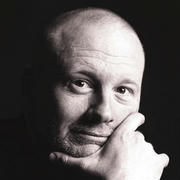
Brett Dean
Australian composer, conductor
16

Erkki-Sven Tüür
Estonian composer
17

Osvaldas Balakauskas
Lithuanian composer and diplomat
18

Artur Kapp
Estonian musician
19

Ralph van Raat
Classical pianist
20
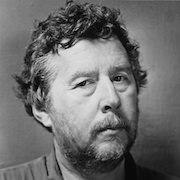
Harrison Birtwistle
British composer
21
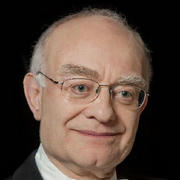
John Rutter
British composer, conductor and arranger
22

George Benjamin
British composer, conductor, pianist and teacher
23

David Willcocks
British choral conductor, organist and composer
24

Paavo Järvi
Estonian conductor
25

Malcolm Williamson
Australian composer
26
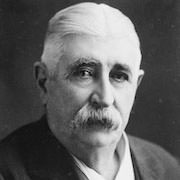
Ralph Vaughan Williams
English composer
27

Eric Whitacre
American composer
28

Julian Anderson
British composer and teacher of composition
29

Douglas Lilburn
New Zealand composer
30

Gennady Rozhdestvensky
Russian conductor and composer
